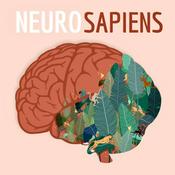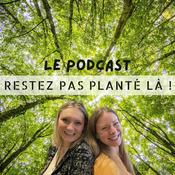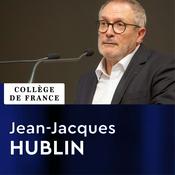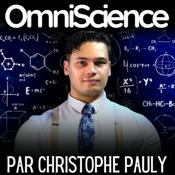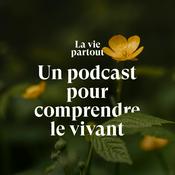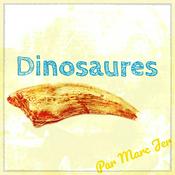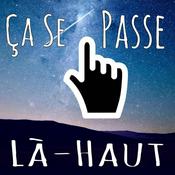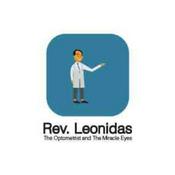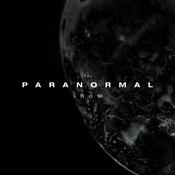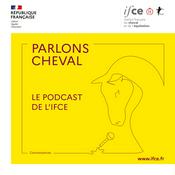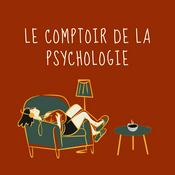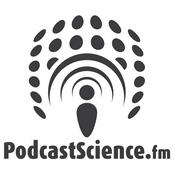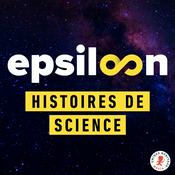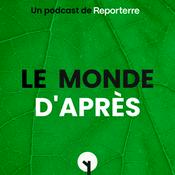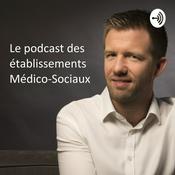637 épisodes
- This week 14 European countries warned that “maritime safety and security” was being put in jeopardy by Russian interference. The Royal Institute of Navigation says GPS is so vulnerable to so called ‘spoofing’ and ‘jamming’ that we need to rethink the navigation systems on which shipping relies. Tom Whipple speaks to Ramsey Faragher, CEO of the Institute.
Something else with the potential to affect navigation systems are solar storms. Tom visits Professor Tim Horbury and Helen O’Brien at Imperial College London whose instrument strapped to the Solar Orbiter probe, and speeding through space, is giving us more warning about solar activity which could affect us here on earth.
And science journalist Caroline Steel brings you the latest scientific research.
To discover more fascinating science content, head to bbc.co.uk, search for BBC Inside Science and follow the links to The Open University. - It’s exactly half a century since two Concorde jets took off from Paris and London respectively. The supersonic jet would come to define top end luxury travel. But Concorde has also been retired for nearly half that time, famously making its final flight to Bristol, UK where it was built, in 2003.
What is Concorde’s engineering legacy? And will supersonic speeds ever be a reality for air travellers again?
Tom Whipple is at Aerospace Bristol, back on-board Concorde which these days is stowed safely in its hangar. He meets Concorde’s former Chief Engineer John Britton. He also hears what it will take to overcome the engineering challenges of supersonic flight from Dr Kshitij Sabnis, lecturer in Aerospace Engineering at Queen Mary University of London. And speaks to founder and CEO of US start up Boom Supersonic Blake Scholl who wants to make supersonic air travel accessible to all.
To discover more fascinating science content, head to bbc.co.uk, search for BBC Inside Science and follow the links to The Open University.
Presenter: Tom Whipple
Producer: Tim Dodd, Kate White, Clare Salisbury
Editor: Martin Smith
Production Co-ordinator: Jana Bennett-Holesworth - The space science world is buzzing. In the next few days, NASA is expected to begin the rollout of its Artemis II rocket to the launch pad with the launch itself expected as early as February. Science journalist Jonathan Amos explains why NASA is interested in travelling around the moon now? And what we will learn from sending humans further into space than ever before.
Penny Sarchet, Managing Editor at New Scientist brings Tom Whipple her pick of the best new science this week.
And why are scientists shipping ice cores from around the world to a frozen cave in Antarctica? Dr Liz Thomas, head of ice core research at the British Antarctic Survey explains the science behind the Ice Memory Sanctuary as it officially opens.
To discover more fascinating science content, head to bbc.co.uk, search for BBC Inside Science and follow the links to The Open University.
Presenter: Tom Whipple
Producer: Kate White, Katie Tomsett, Tim Dodd and Clare Salisbury
Editor: Martin Smith
Production Co-ordinator: Jana Bennett-Holesworth - President Trump has his sights set on Greenland. If he succeeds, what mineral wealth will he find there? Adrian Finch, Professor of Geology at St Andrews University has been visiting Greenland for more than 3 decades and explains what so called ‘rare earth elements’ are found in Greenland and why.
Professor Danny Altmann talks to Tom Whipple about a new project to understand the genetic and metabolic similarities between two illnesses; Long Covid and ME.
And Lizzie Gibney, senior physics reporter at Nature brings her pick of the best new science this week.
To discover more fascinating science content, head to bbc.co.uk, search for BBC Inside Science and follow the links to The Open University.
Presenter: Tom Whipple
Producer: Clare Salisbury
Editor: Martin Smith
Production Co-ordinator: Jana Bennett-Holesworth - This week President Trump’s director of the Office of Management and Budget announced that a major climate research centre would be broken up. 2025 has brought a wave of reorganisations and funding cuts, reshaping the ways science is done in the USA. Veteran science journalist Roland Pease tells us whether we’re starting to see the impacts.
Victoria Gill gets a subterranean tour of Finland’s new nuclear waste disposal facility. It’s the first country in the world to get one and the UK are interested in learning how they did it. Victoria is also joined by science journalist Caroline Steel to talk about this week in science research.
And 40 years ago, Dian Fossey was murdered at her home in Rwanda where she had spent decades studying mountain gorillas. Gilly Forrester, Professor of Comparative Cognition at the University of Sussex talks about why the data collected from Dian’s ‘gorillas in the mist’ continues to shape science today.
To discover more fascinating science content, head to bbc.co.uk search for BBC Inside Science and follow the links to The Open University.
Presenter: Victoria Gill
Producers: Clare Salisbury, Kate White and Tim Dodd
Editor: Martin Smith
Production Co-ordinator: Jana Bennett-Holesworth
Plus de podcasts Sciences
Podcasts tendance de Sciences
À propos de BBC Inside Science
A weekly programme that illuminates the mysteries and challenges the controversies behind the science that's changing our world.
Site web du podcastÉcoutez BBC Inside Science, Choses à Savoir SCIENCES ou d'autres podcasts du monde entier - avec l'app de radio.fr

Obtenez l’app radio.fr gratuite
- Ajout de radios et podcasts en favoris
- Diffusion via Wi-Fi ou Bluetooth
- Carplay & Android Auto compatibles
- Et encore plus de fonctionnalités
Obtenez l’app radio.fr gratuite
- Ajout de radios et podcasts en favoris
- Diffusion via Wi-Fi ou Bluetooth
- Carplay & Android Auto compatibles
- Et encore plus de fonctionnalités


BBC Inside Science
Scannez le code,
Téléchargez l’app,
Écoutez.
Téléchargez l’app,
Écoutez.


